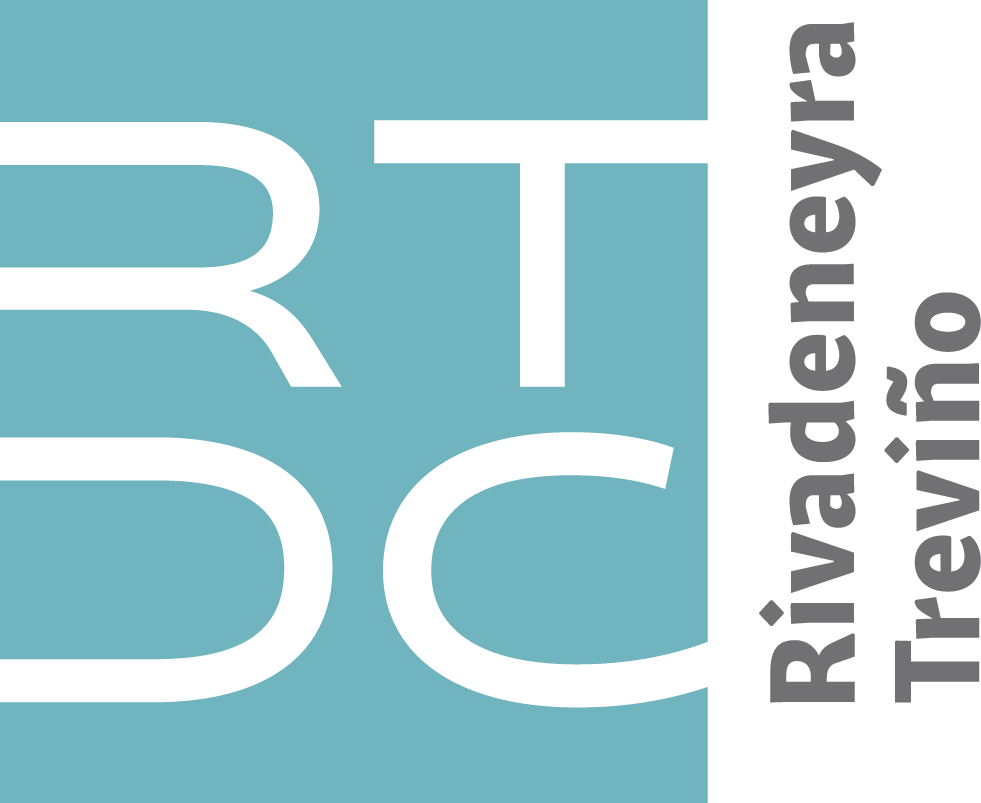Inteligencia Artificial en la Abogacía Contractual
29 de Agosto de 2024
Artificial Intelligence in Contract Law
La Inteligencia Artificial se ha convertido en una herramienta indispensable en todos los ámbitos, incluyendo profesionales y académicos. Hoy no solo sintetiza el lenguaje humano y sus funciones, sino que ha logrado emigrar a otros medios digitales como imágenes, vídeos, códigos de software e incluso estructuras moleculares.
En el ámbito legal ha intervenido en la realización de investigaciones, automatización de tareas repetitivas, la búsqueda de precedentes y generación de documentos legales, lo que aumenta la eficiencia y reduce el tiempo dedicado a tareas menos estratégicas.
El uso de la tecnología en general nos ha permitido evolucionar como abogados, hemos ampliado nuestras capacidades y se ha transformado la prestación de servicios profesionales, haciéndolo más rápido, rentable y eficaz.
Como abogados especialistas en contratos, debemos aprovechar la IA para poder utilizarla eficazmente en la práctica diaria, convirtiéndola en una ventaja transformadora y competitiva en el desarrollo de toda clase de operaciones contractuales, así como consultas sofisticadas en bases de datos jurídicas.
La IA está transformando la abogacía, aportando en la automatización de ciertos procesos. Sin embargo, la complejidad técnica, los sesgos algorítmicos y la privacidad son desafíos que debemos considerar y afrontar con responsabilidad y ética. Si bien existen puntos positivos de la implementación de la IA, es muy importante advertir que esta no sustituye la necesidad de habilidades humanas como la creatividad, la empatía y el juicio crítico e interpretativo no solamente de las leyes sino también de los documentos legales, lo que al momento la IA no ha logrado desarrollar, por lo cual, es fundamental establecer directrices que garanticen un uso ético y responsable de la IA en el ámbito legal, de modo que esta herramienta complemente, pero no sustituya las habilidades, conocimientos y experiencia de los abogados.
En Rivadeneyra, Treviño y de Campo S.C. estamos dando seguimiento al presente particular, por lo que nuestros abogados se encuentran a sus órdenes para asesorar en el cumplimiento a las disposiciones aquí mencionadas y guiarlos en el proceso correspondiente. Se elabora este documento con fines informativos. El contenido no debe considerarse como un consejo u opinión legal.
Esperamos que la presente información sea de su utilidad, quedamos a sus órdenes para cualquier duda o comentario adicional que pueda surgir al respecto.
Artificial Intelligence has become an indispensable tool in all areas, including professionals and academics. Today it not only synthesizes human language and its functions, but it has managed to migrate to other digital media such as images, videos, software codes, and even molecular structures.
In the legal field, it has been involved in conducting investigations, automating repetitive tasks, searching for precedents, and generating legal documents, which increases efficiency and reduces time spent on less strategic tasks.
The use of technology in general has allowed us to evolve as lawyers, we have expanded our capabilities and the provision of professional services has been transformed, making them faster, more profitable and effective.
As contract lawyers, we must take advantage of AI to be able to use it effectively in daily practice, making it a transformative and competitive advantage in the development of all kinds of contractual operations, as well as sophisticated queries in legal databases.
AI is transforming the legal profession, contributing to the automation of certain processes. However, technical complexity, algorithmic biases, and privacy are challenges that we must consider and address responsibly and ethically. Although there are positive points of the implementation of AI, it is very important to note that it does not replace the need for human skills such as creativity, empathy and critical and interpretative judgment not only of laws but also of legal documents, which AI has not been able to develop so far, therefore, it is essential to establish guidelines to ensure the ethical and responsible use of AI in the legal field, so that this tool complements, but does not replace the skills, knowledge and experience of lawyers.
At Rivadeneyra, Treviño y de Campo S.C. we are following up on this particular matter, and our attorneys are at your service to advise you on the fulfillment of the provisions mentioned herein and to guide you through the corresponding process. This paper is prepared for informational purposes. The content of this document should not be considered as legal advice or opinion.
Hoping that this information is useful to you, we remain at your service for any questions or additional comments that may arise in this regard.

Rivadeneyra, Treviño y de Campo
Contract Law
Omar de Campo
odecampo@rivtrev.com
José Antonio Nani
anani@rivtrev.com
Carlos Ochoa Escandón
oochoa@rivtrev.com
Karla Janette Gasca Sánchez
kgasca@rivtrev.com
Ana Teresa Arroyo Flores
aarroyo@rivtrev.com
